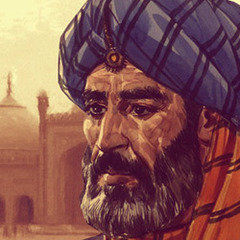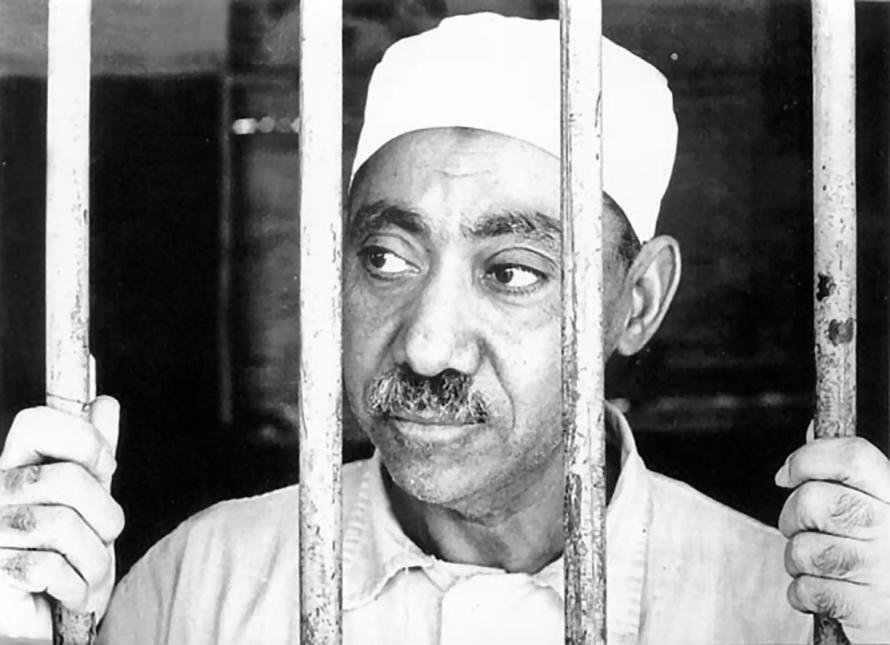International Relations of the Middle East
Islamic State of Iraq and Syria

A transnational organization that wishes to erect an Islamic Caliphate.
- A large number of foreign fighters
- In control of areas in Syria, Iraq and North Africa.
- Emerges out of American-led de-stabilization in Iraq and the Arab Spring.
Understanding ISIS's emergence
Early originator Abu Musab Zarqawi (the same man from Colin Powell's speech!) did not share same goals
-
The Precursor to ISIS, Al Qaeda in Iraq different from Al-Qaeda Central
- Anti-Shia
- not focused on foreigners but regional government
- base is largely rural
2003 Invasion of Iraq
Operation Iraqi Freedom: a coalition of states led by the United States instituted an air and ground invasion of Iraq to remove weapons of mass destruction and to topple the regime of Saddam Hussein.
Done without the approval of the United Nations and against the advice of Arab allies in the region.
No Weapons found
estimated cost to the United States (2013): 1.7 Trillion .
Recent events in Mosul
Jihad الجهاد
Meaning of striving
Lesser Jihad
Conflict and Warfare
Greater Jihad
striving in the path of god in your everyday life
About Martyrdom

- Historically linked with dying in battle, more specifically, dying for truth or in the 'path of Allah'
- Earthly and heavenly rewards for martyrdom made the title desirable.
- Since 16th century Martyrdom too broad for conceptual rigor.
During the period of Expansion there are supplementary text written on Jihad
Al-Awza'i (6th century):
- Jihad can be launched for the protection of Frontiers
- Describes the weapons and the military tactics that can be used by a warrior fighting along frontier lands
Al-Bukhari (7th century):
- focuses on heavenly favor for fighting
- must treat animals well
- detachment from earthly desires
al-Tirmidhi (7th century):
- Needs the permission of an Imam
- no help from polytheists
- prohibits killing children
- harming animals
Ibn Taymiyya (11-12th century):
- Discerns fighting real muslims versus fake muslims

Jihad launched in the 19th and 20th century largely fought against Western domination. They are unsuccessful.
- Russo-Persian Wars (1808-1828)
- Abd al-Qadir (1932-1847) against the French
- Ottomans (1914-1918)
By the end of the Ottoman Empire, the demographics of society and government made it difficult for the empire to launch an effective call for jihad.

Sayyid Qutb
- 1949-1951 visited the United States and was repulsed by American culture
- Imprisoned by Gamal Abd al Nasser and is eventually killed.
- Famous work Milestones along the Way
- works inspired by authoritarianism, and his own feelings of injustice
- felt that Egypt and muslim societies in general were influenced by the West.
- Muslim world in a period of Jahiliyya
- No other way forward except through Islam

Sayyid Qutb
- There is no problem with Islam being offensive
- not tied to a geographical area
- division between true muslims and those seen as apostates
Assassination of Anwar Sadat

-
The Neglected Duty
- Islam must be globalized to re-establish a caliphate
- Muslim religious leaders are corrupt or apostates
- It is okay to fight muslims, no way to tell who is a true or false muslim.
- Emphasis on fighting
Killed by Al Gammiat al Islamiyya
Negotiating a cease fire
You are now familiar with the political, social and humanitarian problems the exist around the Syrian civil war. In this activity, you and one other person pair will take on the persona of one of four organizations. Your ultimate goal is to negotiate a cease fire for the areas in and around Homs to allow for humanitarian aid. To do this exercise you must:
1. Understand the position you are negotiating from and your own particular motivations
2. Be familiar with the other organizations and their motivations
3. Engage in negotiation!
Roles:
The UN
ISIS
Turkey
Bashar Al-Assad
Copy of Violence and the Middle East
By cesmit5
Copy of Violence and the Middle East
- 816



